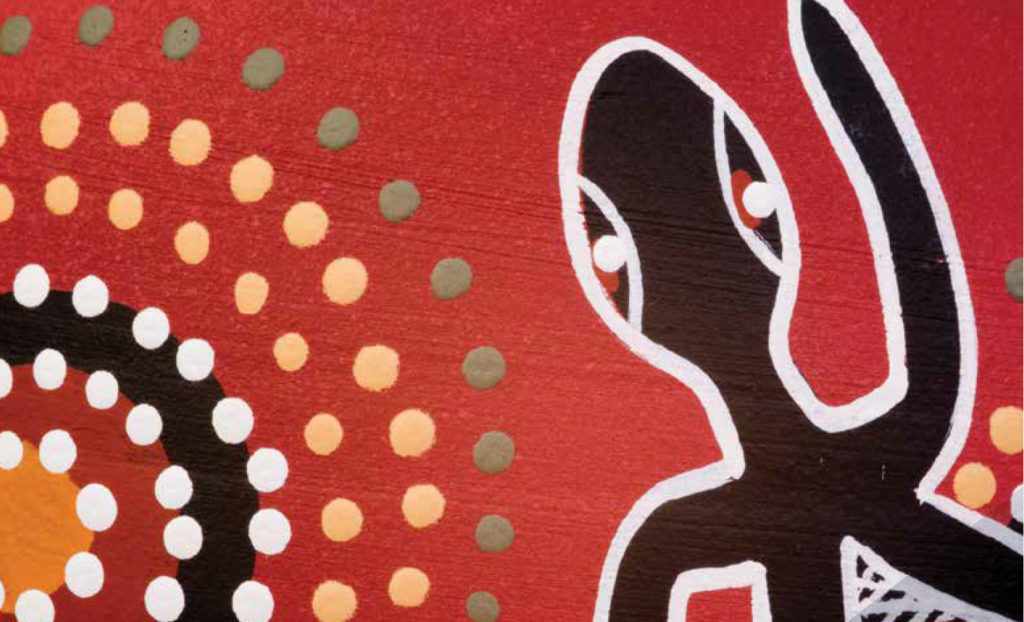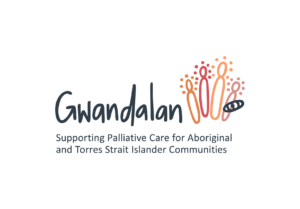Outstanding SA pharmacists recognised!
Friday 1st April 2022
Outstanding pharmacists have been recognised at the Pharmaceutical Society of Australia’s (PSA) SA Pharmacy Awards conference held this evening in Adelaide.
These awards acknowledge and celebrate the contributions of outstanding SA and NT pharmacists through the Gold Medal, Intern Pharmacist of the Year, Early Career Pharmacist (ECP) of the Year, Pharmacist of the Year and Lifetime Achievement awards.
This year’s award winners are as follows:
- Gold Medal: Mikah Peterson MPS
- Intern Pharmacist of the Year: Lauren Fraser MPS
- Early Career Pharmacist of the Year: Julian Soriano MPS
- Pharmacist of the Year: Kylie Van Rooijen MPS
- Lifetime Achievement Award: Kingsley Coulthard FPS
PSA’s SA Branch President, Robyn Johns, congratulated the winners on their success and highlighted their contributions.
“Over the past two years, our pharmacists have gone over and above for their communities, and on behalf of the PSA, I thank them for supporting the health and wellbeing of South Australians.
“I congratulate this year’s award recipients for their significant contribution to the pharmacy profession, excelling themselves and advancing pharmacy practice across the state,” she said.
Mikah Peterson, currently undertaking her internship with SA Pharmacy, within the Southern Adelaide Local Health Network (SALHN), was awarded the Gold Medal.
“Following clinical placements at TerryWhite Chemmart Christies Guild and Flinders Medical Centre, Mikah undertook an 8-week research project in her final year of study at the University of South Australia with the Medication Safety Committee at SALHN. The project assessed nurses’ understanding of high-risk medications such as high dose insulin and auditing sedation score monitoring following the administration of opioids.
“Mikah has demonstrated a passion for pharmacy practice and intends to continue working as a hospital pharmacist, and evidently, has a promising career ahead of her,” Ms Johns said.
Lauren Fraser was awarded Intern Pharmacist of the Year for her commitment to patient care, initiative in service delivery and professional engagement.
“Lauren’s internship was divided between University of South Australia research and community pharmacy, during a complex and demanding 2021. Despite this, she excelled in both fields.
“She allocated time to developing professional partnerships, designing progressive pharmacy tools, services and research, and donated much of her time to supporting patients and co-workers with their health.
“Lauren has developed partnerships with many external groups including Sonder and Asthma Australia, co-designing grant applications with each to further pharmacy practice, both of which are being progressed, and supported a successful local COVID-19 immunisation event for Aboriginal and Torres Strait Islander peoples.
“I congratulate Lauren on her achievement and will be watching her career with great interest,” she said.
Julian Soriano was awarded Early Career Pharmacist of the Year for his commitment to aged care and palliative care pharmacy.
“Through his work as an embedded aged care pharmacist, Julian has been at the forefront of establishing the critical role that pharmacists can play in residential aged care facilities. His work in this space has been integral to securing $345.7 million in Federal Government funding for the embedding of pharmacists in these facilities, as announced last week.
“Julian’s willingness to share knowledge and advocate for pharmacists demonstrates his dedication to improving the lives of older Australians through better medication and health management.
“Through setting up regular multidisciplinary team case conferencing meetings, Julian has contributed to advances in medicines safety. He has initiated pharmacists’ role in the palliative care team for residents in RACFs through collaborating with community pharmacy to improve end-of-life care for residents, establishing a network and communication pathway between specialist palliative care services and local pharmacy services.
“He truly is a pioneer of multidisciplinary pharmacy practice and is thoroughly deserving of this award,” she said.
Port Lincoln-based community pharmacist and trainee educator, Kylie Van Rooijen, was named Pharmacist of the Year for outstanding service to SA pharmacy, spanning over a 30-year period.
“As a key member of the PSA and CountrySA PHN project, Kylie also works in the Boston Bay Family Health Clinic where she provides a range of services including medication reviews, advice and education, and liaison between the general practice, hospitals and community pharmacy.
“A self-proclaimed medication translator, Kylie reconciles hospital discharge summaries with general practice health records and conducts patient consultations, helping to reduce the possibility of medication problems. Such problems include treatment courses not being completed, or a person failing to restart taking vital medications which they were taken off during their hospital stay.
“Kylie believes that it is imperative for pharmacists to keep up-to-date with practice guideline and regulatory changes, and through this role, she can ensure that this information is easily accessible for GPs and registrars, freeing up their time to focus on patient care.
“A fierce advocate for equity in healthcare, Kylie works at the Port Lincoln Aboriginal Health Centre, in a role she created for herself. Determined to make a difference to the lives of Aboriginal and Torres Strait Islander peoples, the impact she has had on their patients and practice has been significant, so-much-so that the clinic opted to keep her on two days a week.
“Also training as a diabetes educator, Kylie’s commitment to furthering pharmacy practice in South Australia has been exceptional, attracting and inspiring future generations of pharmacists.
The University of South Australia’s, Adj A/Prof Kingsley Coulthard FPS, was presented with the Lifetime Achievement Award for half a century of service to South Australian pharmacy.
“Kingsley, hospital pharmacist and nationally-recognised advocate for equity of access for children, to safe and effective medicines, has received this year’s Lifetime Achievement Award for more than 50 years of service to the profession.
“He commenced his pharmacy career at the Adelaide Children’s Hospital in 1971, working in paediatrics in Australia and overseas until his retirement as Director of Pharmacy at the Adelaide Women’s and Children’s Hospital in 2010.
“His main research and clinical interests have been in the area of paediatric therapeutics, in particular, relating to asthma and cystic fibrosis. He is also a member of the paediatric writing group for the Australian Asthma Handbook and a member of the Asthma Australia Advisory Committee.
“In 2009, Kingsley received the SHPA’s Fred J Boyd Award. This biannual award is presented to a hospital pharmacist who has made an outstanding contribution to hospital pharmacy. He also served as a member of the PSA SA/NT Branch Committee from 2014 to 2021.
“More recently, he has been involved in the education of pharmacy students and interns and is an examiner for the Australian Pharmacy Council. He has a major interest in the challenges of rural and remote pharmacy practice and continues to work in that area as a locum, conducting home medicines reviews on the Yorke Peninsula,” Ms Johns said.
PSA congratulates all winners on their achievements and thanks them for their service to pharmacy in South Australia.
Media contact: PSA media 0424 777 463




